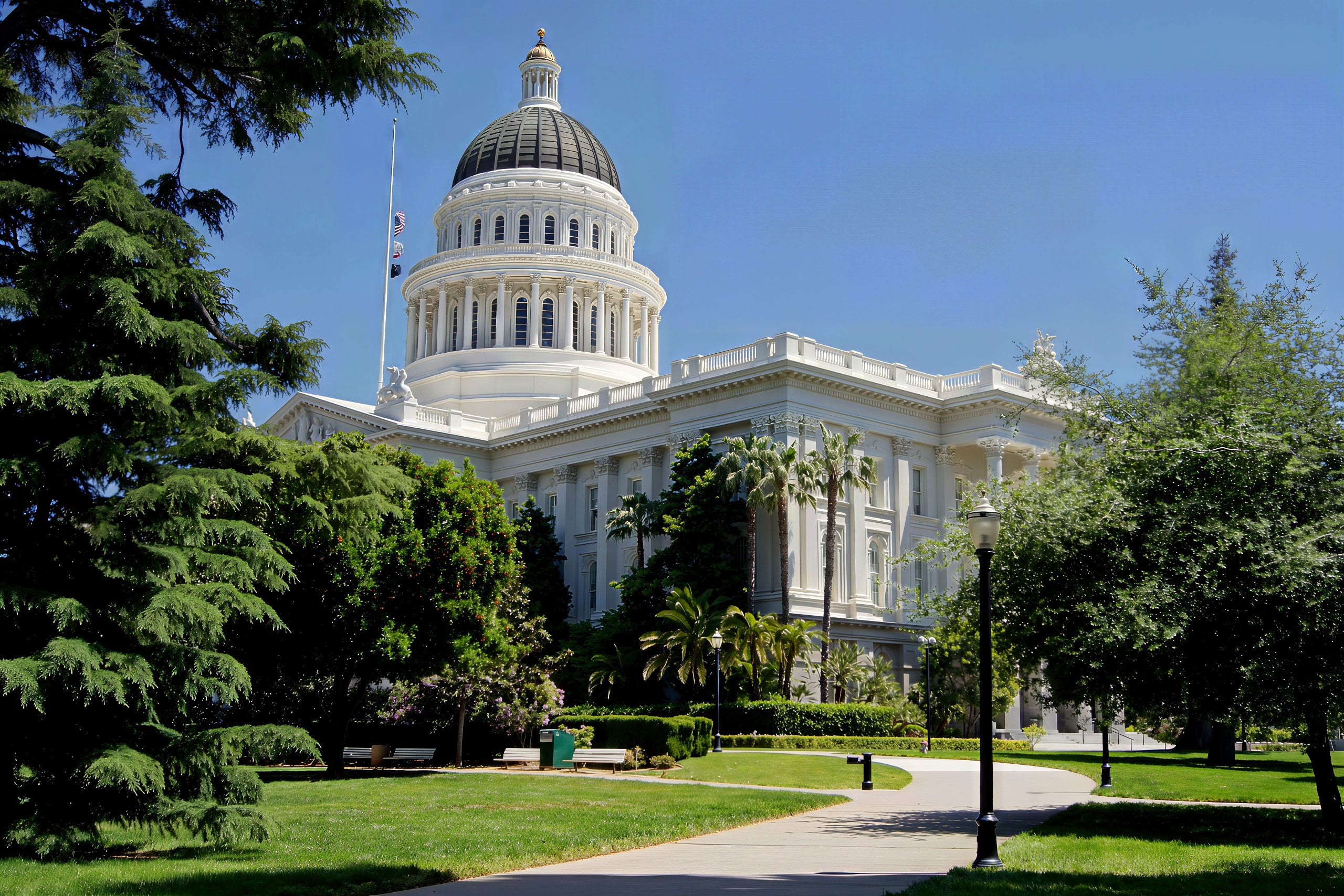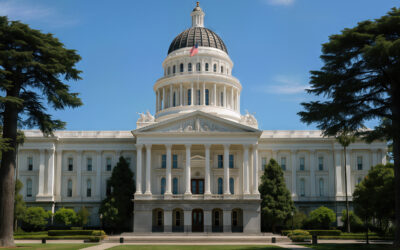A sweeping charter school reform measure, Assembly Bill 84 (Muratsuchi), has been introduced—and it’s extensive, clocking in at 114 pages. While a full analysis will follow in the coming weeks, below is a summary of the major highlights contained in the bill.
Auditing of Charter Schools and Use of Public Funds
AB 84 proposes substantial changes to how charter schools are audited, including new qualifications and training standards for auditors and CPAs. Most of these changes would apply not only to charter schools but to all LEAs, aiming to boost transparency across the board.
The bill adds specific auditing requirements for “dependent” charter schools and prohibits private religious organizations or schools from acting as public school contractors. Additionally, it would ban charter schools from offering money or educational credits toward enrichment activities directed by parents or guardians if those services are not provided by a credentialed school employee.
Nonclassroom-Based (NCB) Funding Determinations
One of the most significant changes is the proposed elimination of the State Board of Education’s (SBE) role in approving funding determinations for nonclassroom-based charter schools. In its place, AB 84 establishes a sliding scale that ties funding to the percentage of in-classroom instruction provided.
Under this model, NCB charter schools delivering 75% or more of their instruction in-person would receive full funding. Schools offering less than 75% would receive reduced funding, based on a sliding scale.
Charter School Staff Credentialing Requirements
AB 84 mandates that all student services personnel, including administrators, must hold the appropriate services credential. This would represent a significant shift, as current law does not require charter school administrators to hold an administrative credential.
District Authorizers and Oversight Enhancements
The bill introduces new restrictions for small school districts, prohibiting them from approving or overseeing NCB charter schools with average daily attendance (ADA) larger than the district itself. The intent is to ensure that authorizers are capable of providing meaningful oversight.
Additionally, AB 84 directs the SBE to reassign NCB charters currently overseen by small districts to a larger district within the same county at the time of renewal. If no larger district is available, the oversight responsibility would fall to the county office of education.
For districts emerging from state receivership, the bill adds a new basis for denying charter petitions—specifically, during the probationary period following state loan repayment.
Oversight fees would also be restructured. The bill allows authorizers to charge up to 3% of actual oversight costs but requires expanded oversight responsibilities in areas such as attendance accounting.
What’s Next?
This summary reflects only a small portion of AB 84’s full language. The bill is expected to prompt significant debate and negotiation among labor organizations, authorizers, and the charter school community in the months ahead.
We will continue to monitor the bill’s progress and provide updates as they become available. If you would like to explore the full legislative language or share your perspective on the bill’s potential impacts, please don’t hesitate to reach out.
You can review the bill language here.




0 Comments